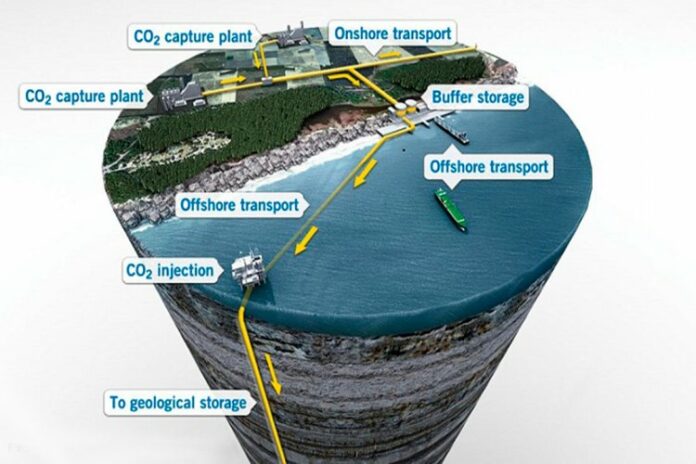NYK has become a member of the Global CCS Institute, an international think-tank established to promote the use of carbon capture and storage (CCS) technologies worldwide.
CCS is a technology to capture CO2 at the source — such as power plants, chemical plants, and the like — by separating CO2 from other gases, compressing the CO2 for transportation, and then injecting the CO2 deep into underground or undersea rock formation at a carefully selected and safe site, where the CO2 is permanently stored. CCS technology is being used around the world in different ways and is already cutting greenhouse gas emissions.
By joining the Global CCS Institute, NYK will be able to closely monitor the development and expansion of CCS and will aim to contribute to the realization of a decarbonized society by participating in CCS projects in the areas of offshore transportation of compressed liquefied CO2 and the injection of CO2 from offshore facilities into undersea rocks.
How CCS works
CCS involves three major steps; capturing CO2 at the source, compressing it for transportation and then injecting it deep into a rock formation at a carefully selected and safe site, where it is permanently stored.
- Capture: The separation of CO2 from other gases produced at large industrial process facilities such as coal and natural-gas-fired power plants, steel mills, cement plants and refineries.
- Transport: Once separated, the CO2 is compressed and transported via pipelines, trucks, ships or other methods to a suitable site for geological storage.
- Storage: CO2 is injected into deep underground rock formations, usually at depths of one kilometre or more.
Because CCS can achieve significant CO2 emission reductions, it is considered a key option within the portfolio of approaches required to reduce greenhouse gas emissions.



